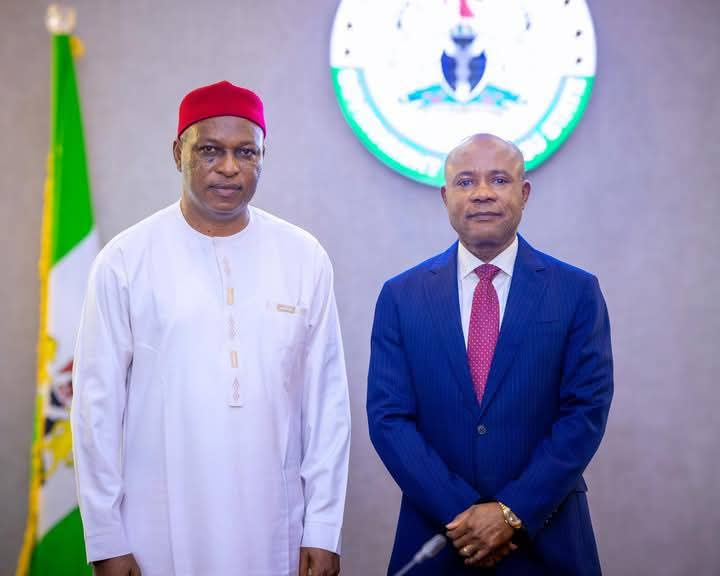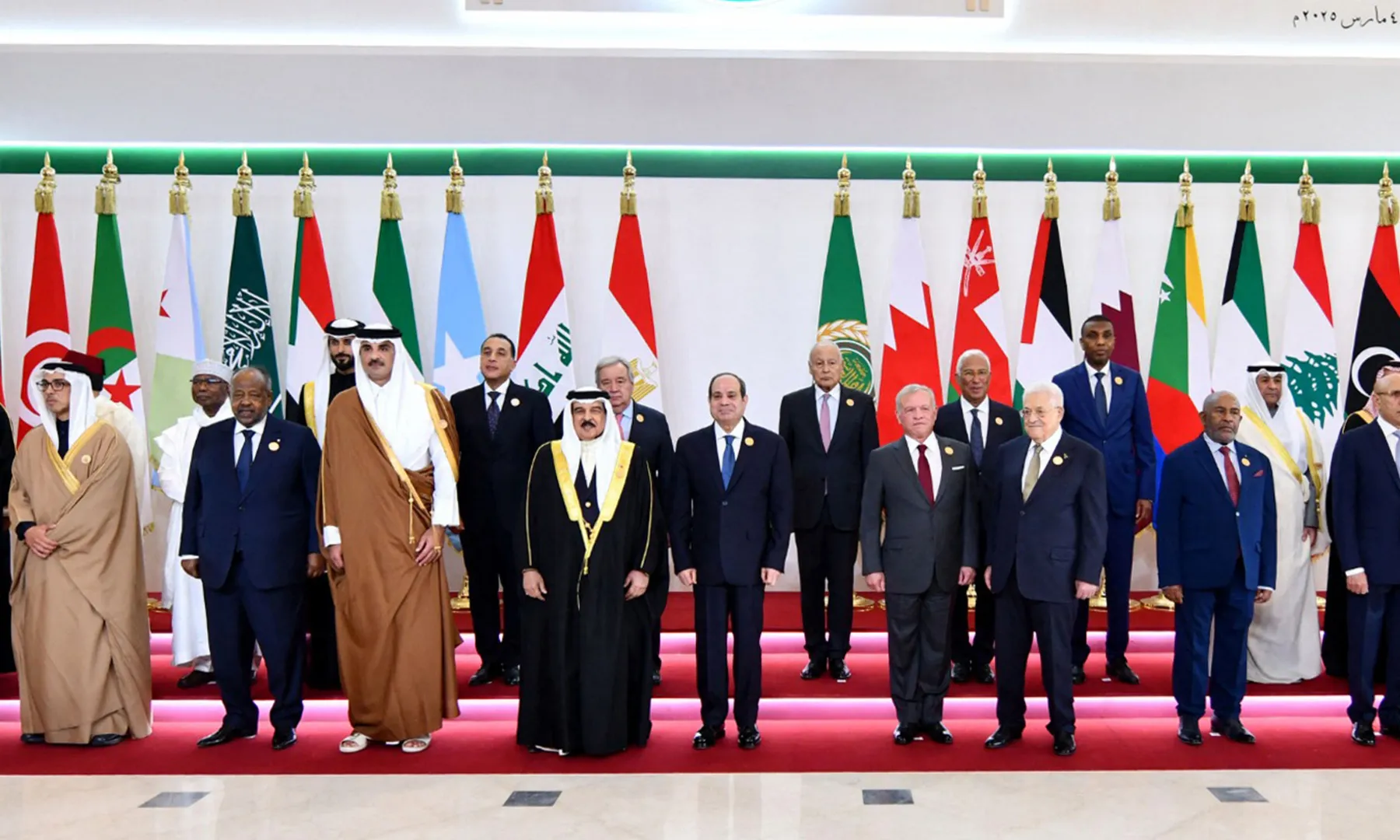Togo has embarked on a significant constitutional overhaul, transitioning from a presidential to a parliamentary system in its latest move towards political reform. Lawmakers in the West African nation adopted a new constitution, marking Togo’s entry into its fifth republic, with the last substantial constitutional change occurring in 1992.
Under the newly adopted constitution, the country’s president will no longer be elected directly by the public but will instead be chosen by parliamentarians for a single six-year term, without debate. This pivotal shift grants parliament the authority to elect the president, altering the traditional dynamics of executive power in Togo.
The constitutional amendment, endorsed by an overwhelming majority of 89 votes in favor, one against, and one abstention, was proposed primarily by lawmakers affiliated with the ruling Union for the Republic (UNIR) party. This move underscores the dominance of the ruling party in Togo’s political landscape, with the opposition, having boycotted the last legislative elections in 2018, holding minimal representation in the national assembly.
In addition to the alteration in the presidential election process, the new constitution introduces the position of “president of the council of ministers,” endowed with full authority and responsibility for government affairs. The president of the council of ministers, chosen from the party or coalition holding the majority following legislative elections, will serve a six-year term and assume leadership in the country’s day-to-day governance.
Tchitchao Tchalim, chairman of the national assembly’s committee on constitutional laws, legislation, and general administration, highlighted the practical transfer of executive powers from the head of state to the president of the council of ministers. This transformative shift positions the latter as the primary representative of the Togolese Republic abroad and the effective leader in domestic governance.
The timing of this constitutional overhaul is noteworthy, coinciding with the upcoming legislative elections scheduled for April 20, alongside regional elections. Despite previous revisions in 2019, which limited presidential terms to two, the changes did not apply retroactively, enabling President Faure Gnassingbe, who has been in power since 2005, to stand for re-election in the next two polls.
The transition to a parliamentary system marks a significant milestone in Togo’s political evolution, signaling a concerted effort towards democratization and institutional reform in the country’s governance framework.




